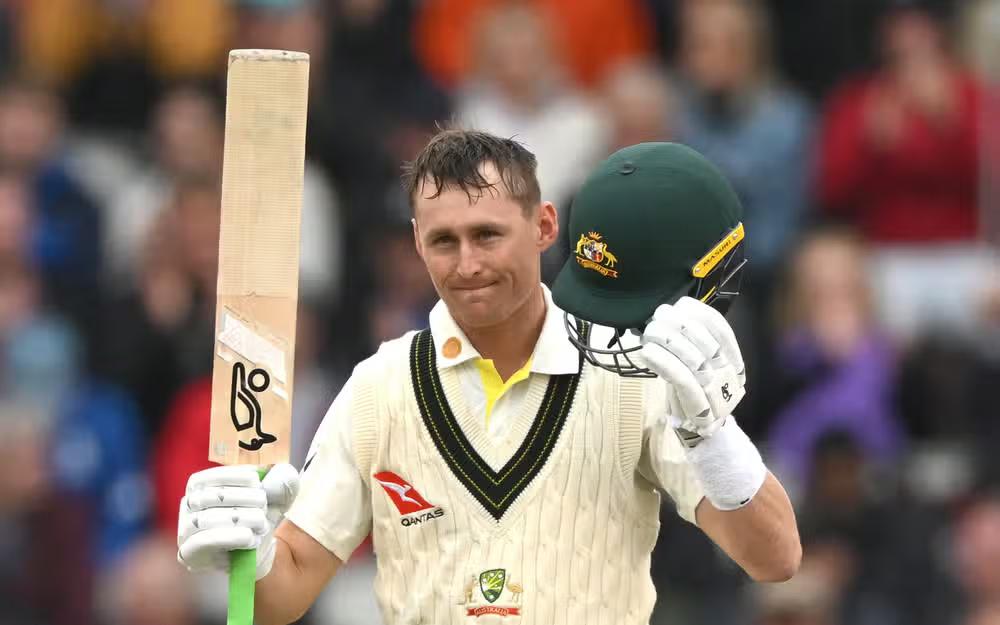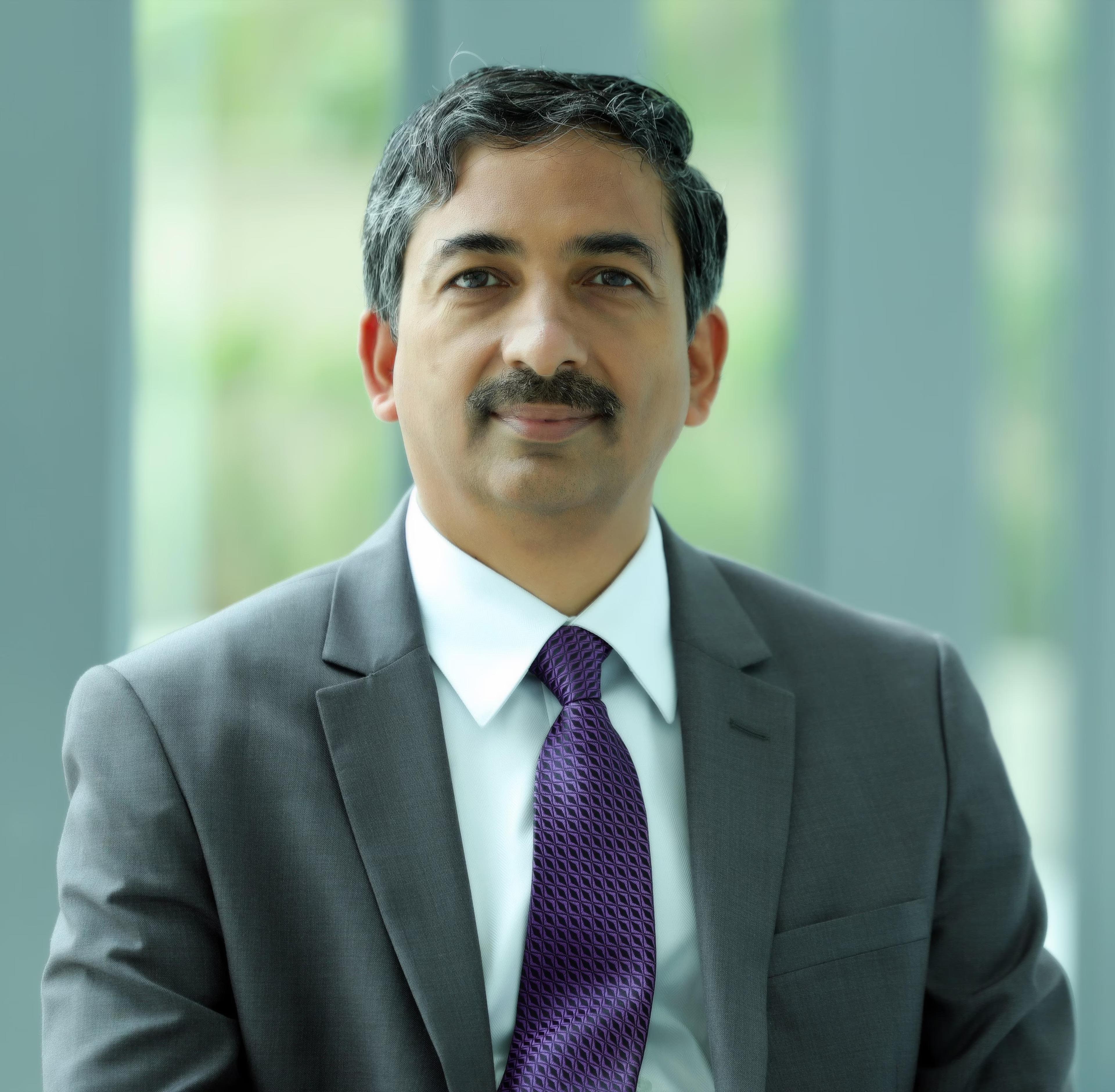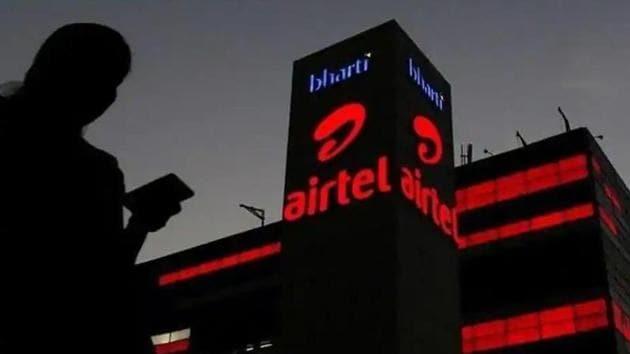Mumbai (The Hawk): In an unexpected turn of political events, the late Balasaheb Thackeray's Shiv Sena, which he formed in June 1966, abruptly "divided" in June 2022 following a widespread uprising, and his political and Hindutva legacies are now up for grabs by at least three political parties.
Four months after the June uprising, the Uddhav Thackeray-led party changed its name to "Shiv Sena (Uddhav Balasaheb Thackeray)" and the Eknath Shinde-led splinter group adopted the name "Balasahebanchi Shiv Sena," and both were given new election insignia.
The BSS and SS (UBT) are still engaged in legal conflict before the Supreme Court about who is the "original Shiv Sena," and hence, who is carrying on Balasaheb Thackeray's legacy.
Raj Thackeray, the estranged cousin of Uddhav Thackeray, left the Shiv Sena much earlier in 2006 to start his own organisation, the Maharashtra Navnirman Sena (MNS), which is primarily based on his uncle's political philosophy.
The three "Senas" of today, who never fail to mention Balasaheb Thackeray by name in every sentence, are huffing and puffing to secure his Hindutva legacy and political legitimacy, but the path to achieving this lofty goal may not be quite a super motorway.
In its 56-year history, the Sena (UBT) has led three coalition governments: the first from 1995 to 1999 with the Bharatiya Janata Party (BJP); the second from 2014 to 2019 with the BJP; and the third from 2019 to 2022 with the Congress-Nationalist Congress Party.
Thanks to Balasaheb Thackeray's effective "remote control," the government's first "avatar" saw everyone "behave," including the BJP, which was happy to serve as the second partner with a Deputy CM during that administration (1995–1999), which had two CMs: Manohar Joshi and Narayan Rane.
After Balasaheb Thackeray's death in November 2012, the BJP gained control of the "remote control," making the Sena the minority party without even the position of deputy chief minister.
In 2019, a furious Uddhav Thackeray struck back by joining the Maha Vikas Aghadi (MVA) alliance, and the BJP suffered a significant political setback as a result of his "sweet revenge."
Before being (C)rudely ousted by the Shinde-Fadnavis coalition in June 2022, he also became the first member of the Thackeray family to hold the state's top political position.
According to the BSS, Shinde first came to power through an alliance with the BJP, and a few months later, his breakaway group became a recognised party with a name. However, later on, the "flight" of industries, his name appearing in connection with an alleged landscam in Nagpur, as well as other problems, proved to be a setback.
Following a fortunate beginning in 2009 with 13 MLAs, the MNS suddenly appeared to have lost its political footing. Raj Thackeray's "confusion" is largely to blame for this; the party was reduced from 13 MLAs to only one legislator, plus some token participation in a few local civic authorities.
With Raj Thackeray's apparent ding-dong and audio-video agenda further confusing the party's rank and file, the MNS, which has been relegated to the political sidelines, has been attempting to return to the main road.
The three parties are now prepared to engage in fierce competition for Balasaheb Thackeray's Hindutva "crown" since important local elections are scheduled for 2023 and the Assembly elections are scheduled for 2024.
The Sena (UBT) has a clear advantage in the future electoral battles since Uddhav and son Aditya carry on the legendary Thackeray family name in a direct line. After his abrupt removal, he benefits from the NCP-strong Congress's support as well as that of other like-minded parties, or the "sympathy factor." It will be a plus if the current regime continues to pursue the (Thackeray) couple and other individuals.
While still experiencing a credibility crisis, the BSS has the full support and resources of the BJP, and Shinde has abandoned several MVA policies to press certain contentious decisions while dismissing all opposition.
It has undoubtedly made big brother BJP smile warmly and even declare that the BSS-BJP will, despite the hanging sword of the highest court ruling, not only finish its full term (30 months), but also win the civic and assembly elections.
As a result, the MNS is still unsure, disputing, and hesitating about whether to team up with the BSS-BJP or just the BJP, back them outside or go it alone, or wait for Raj Thackeray—who was once called in by the ED in August 2019—to have a breakthrough.
It is obvious that the outcome of the upcoming civic or assembly elections would be vital in determining who of the three bitter rivals will succeed Balasaheb Thackeray in preserving the Hindutva legacy and ultimately succeed in state politics.
(Inputs from Agencies)





















